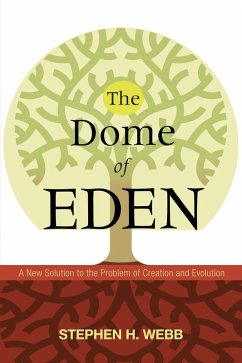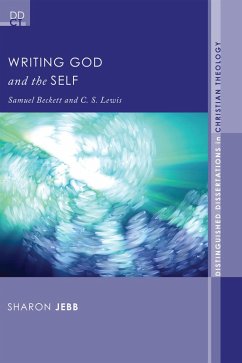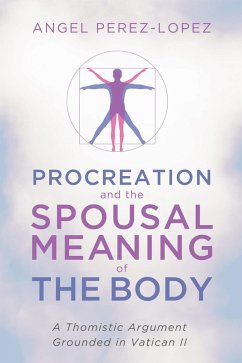
The Dome of Eden (eBook, ePUB)
A New Solution to the Problem of Creation and Evolution
Versandkostenfrei!
Sofort per Download lieferbar
23,95 €
inkl. MwSt.
Weitere Ausgaben:

PAYBACK Punkte
12 °P sammeln!
What would biology look like if it took the problem of natural evil seriously? This book argues that biological descriptions of evolution are inherently moral, just as the biblical story of creation has biological implications. A complete account of evolution will therefore require theological input. The Dome of Eden does not try to harmonize evolution and creation. Harmonizers typically begin with Darwinism and then try to add just enough religion to make evolution more palatable, or they begin with Genesis and pry open the creation account just wide enough to let in a little bit of evolution...
What would biology look like if it took the problem of natural evil seriously? This book argues that biological descriptions of evolution are inherently moral, just as the biblical story of creation has biological implications. A complete account of evolution will therefore require theological input. The Dome of Eden does not try to harmonize evolution and creation. Harmonizers typically begin with Darwinism and then try to add just enough religion to make evolution more palatable, or they begin with Genesis and pry open the creation account just wide enough to let in a little bit of evolution. By contrast, Stephen Webb provides a theory of how evolution and theology fit together, and he argues that this kind of theory is required by the internal demands of both theology and biology. The Dome of Eden also develops a theological account of evolution that is distinct from the intelligent design movement. Webb shows how intelligent design properly discerns the inescapable dimension of purpose in nature but, like Darwinism itself, fails to make sense of the problem of natural evil. Finally, this book draws on the work of Karl Barth to advance a new reading of the Genesis narrative and the theology of Duns Scotus to provide the necessary metaphysical foundation for evolutionary thought.
Dieser Download kann aus rechtlichen Gründen nur mit Rechnungsadresse in A, D ausgeliefert werden.













